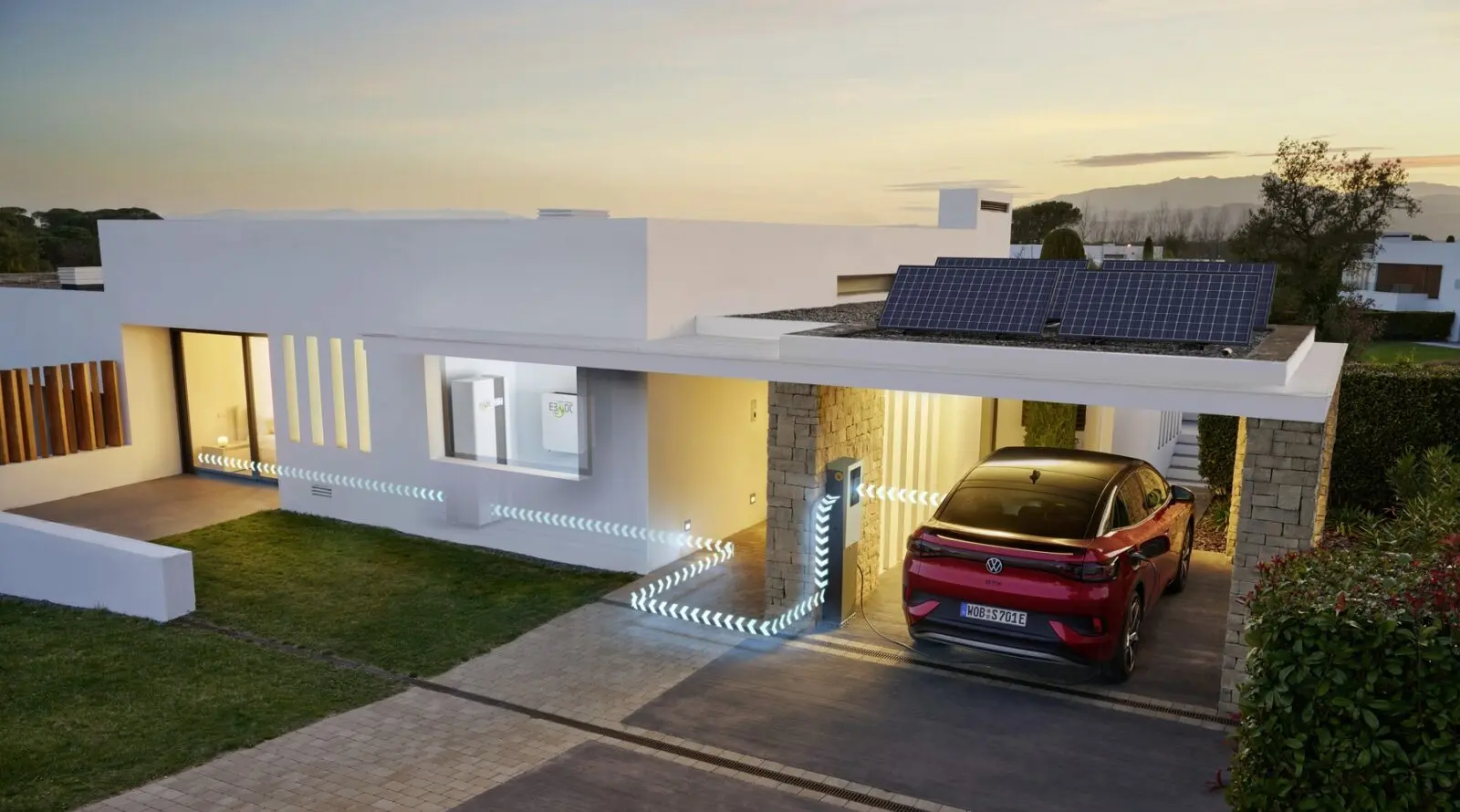Household vehicles were driven an average of 64.6 minutes on a typical day in 2022 (including all trips made that day) and parked for the remainder of the time (95%). Drivers in all Metropolitan Statistical Areas (MSAs) averaged between 61 minutes and 68 minutes per day with the longest driving time of 67.6 minutes for those in MSAs with 1-3 million people. Household vehicles being parked for 95% of a 24-hour day offers opportunity for EV charging.



Why charge something if it’s not being used 95% of the time anyways.
For the 5%. The point is, you can charge very slowly and even, say, one overnight charge a week will be enough for a week’s driving for many and you’ll have more than 7 opportunities to get it. There’s massive leeway in many (but not obviously all) cases. I know I could slow charge at every location I might park for a longer time in my current daily life.
Exactly, I don’t understand the downvotes. If something as big as a car is only used 5 % of the time, the headline shouldn’t be how we can waste more resources on this useless item, but how we can reduce those items and increase the usage time.